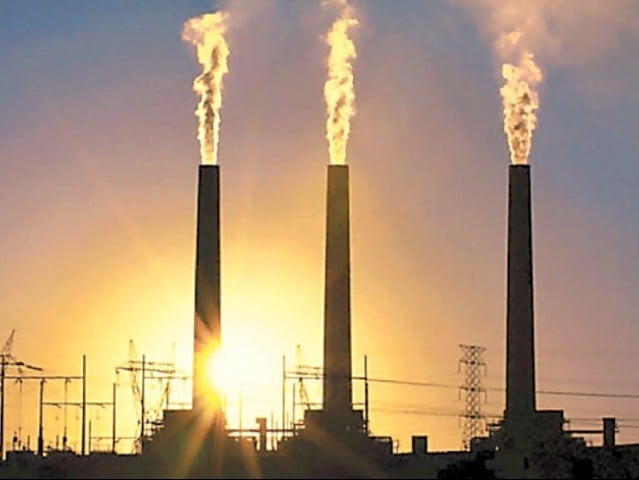Govt seeks to lower IPPs’ capacity charges
Finance Division told to prepare plan for extending tenure of their loans

Finance Division told to prepare plan for extending tenure of their loans. PHOTO: FILE
Power consumers have been paying billions of rupees in capacity charges to IPPs, a problem for which the current government blames the “faulty agreements” inked by its predecessors.
However, power plants installed under the China-Pak Economic Corridor (CPEC) project will be exempted from this arrangement.
Sources told The Express Tribune that the Finance Division has been tasked to design a master structure for synthetic financing so that the capacity charges could be reduced in consultation with the Power Division and the National Electric Power Regulatory Authority (Nepra).
This plan will be submitted to the Economic Coordination Committee (ECC) of the Cabinet for formal approval before the end of the current month.
The sources said if an IPP had a remaining term loan of more than five years, the capacity payment could be reduced by extending the tenure of its loan to lower the upfront tariff. This will be negotiated with the IPP. The IPPs, which had signed agreements under the 1994 Power Policy, have already been paid off their debts.
The payment to the IPPs, which had signed their contracts under the 2002 Power Policy, would be completed by mid of 2021.
As CPEC projects are financed through a special arrangement, they do not fall in this category, officials said.
Therefore, in the case of IPPs with which agreements were signed under 2002 Power Policy and before CPEC, debt repayment can be restructured for an extended period, the officials added.
The financial cost will be on the higher side because of the spread of the repayment over an extended period. The officials said the government was expecting that renewable projects would mainly fall under this criterion.
As per the agreements signed with the IPPs, consumers are required to pay capacity charges to IPPs even if do not add electricity to the national grid.
These power plants remain closed either due to being lower on the economic merit order or a thin demand in the country.
The PTI government had hiked electricity rates by Rs5.32 per unit to clear the backlog left by its predecessor.
The cost of electricity has gone up and new power generation capacity has been added to the national grid. However, the previous PML-N government avoided increasing power tariffs for almost three years from 2015.
Capacity additions, exchange rate variations, resultant capacity payment variations, positive fuel cost adjustments and net hydel profit remained untreated till 2018 and were not passed on to consumers.
The previous government had not budgeted unpaid subsidies amounted to Rs127 billion. This also included an industrial support package. The resultant tariff increase of Rs5.32 per unit to clear the entire backlog was inevitable.
The tariff determinations since September 2018 reflected additions to the electricity generation capacity, exchange rate of PKR/USD 105 vs 155, treatment of previously untreated capacity payments (Rs226 billion, in addition to Rs180 billion, and net hydel profit of Rs146 billion).


















COMMENTS
Comments are moderated and generally will be posted if they are on-topic and not abusive.
For more information, please see our Comments FAQ